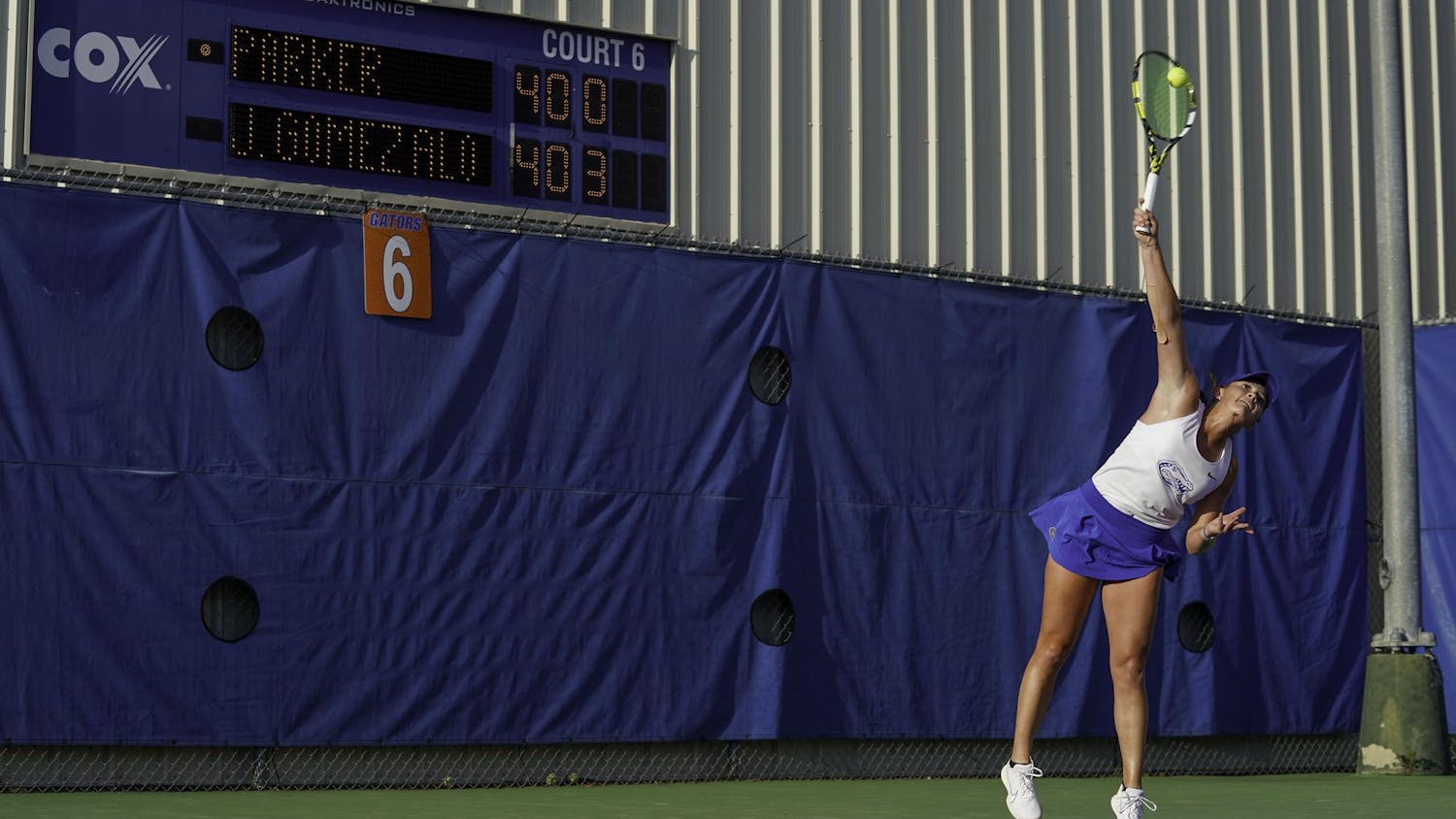Thanks for the observant account by Romy Ellenbogen, "Controversial Princeton Holocaust historian visits UF," Alligator, online April 3, 2017, from which I quote: "As Jan Tomasz Gross addressed a crowd Sunday night, a single image was projected behind him.”
About 30 Polish peasants and uniformed officials stood with farm tools in a desert-like field. Near the end of his lecture, Gross drew attention to the previously unmentioned image, inviting the crowd of about 50 to look closer. Skulls laid at the feet of the Polish peasants.
"He said the desert-like ground was not sand, but rather the ashes of hundreds of thousands of slaughtered Jewish residents. He said the peasants standing above were rifling through the ashes to try to find Jewish gold and jewels. 'Those involved in the crime were opportunists,' he said. 'Where the opportunity arose, they were not shy to take it.'”
The controversial professor made an interpretation of the photograph and followed with an accusation. This distracts from whatever merits his arguments and his book, Golden Harvest, may have, because his interpretation is questionable, and his accusation is unmoored.
Historian Piotr Gontarczyk writes critically: "Soon after the publication of Golden Harvest, two investigative journalists from the Polish newspaper Rzeczpospolita...arrived in the Treblinka area. Their account clarified that Gross's anchor photograph depicts no 'diggers' caught by the militia, but a team of men and women cleaning up the gravesite. The version presented by [rival newspaper] Gazeta Wyborcza's writers was most likely a deliberate fabrication, they concluded.
The newspaper [GW] removed the false caption under the archived photo, and Gazeta Wyborcza reporters...admitted, 'We do not know the circumstances under which that photo was taken.'"
To appreciate Mr. Gross's work, one must also consider his critics.
The citation above is from Golden Harvest or Hearts of Gold: Studies on the Wartime Fate of Poles and Jews, eds. Marek Jan Chodakiewicz, Wojciech Jerzy Muszynski, and Pawel Styrna, Leopolis Press 2012, p. 73.
Have the event sponsors referenced this critical work? It seems plain that we are not looking at "diggers caught by the militia," for no one seems to look "caught."
One peasant woman with head bowed stands with bloused white sleeves, her hands on the handle of a shovel, the blade at her feet, posing calmly and solemnly; one could even say respectfully. The soldier holding the rifle is leaning it at rest and obviously is not interested in employing it. None of the several troopers is in any military posture. Hence the interpretation by Professor Gross fails assurance for accuracy (or, in a euphemism, it is "controversial") and thus fails the requirement for Accuracy in Instructional Materials mandated in Section 1006.35 of the Florida K-20 Education Code.
Are the event sponsors and the Florida Department of Education prepared to administer a correction?
Gordon Black is a part of The Polish American Congress, Northern California. Division





